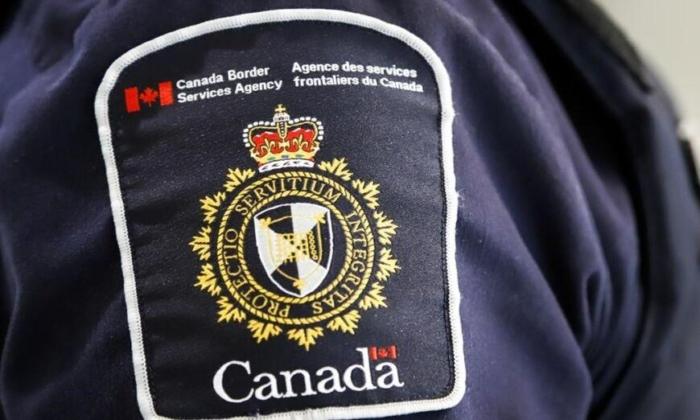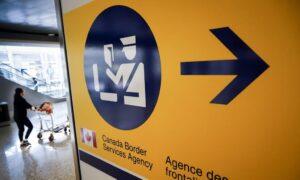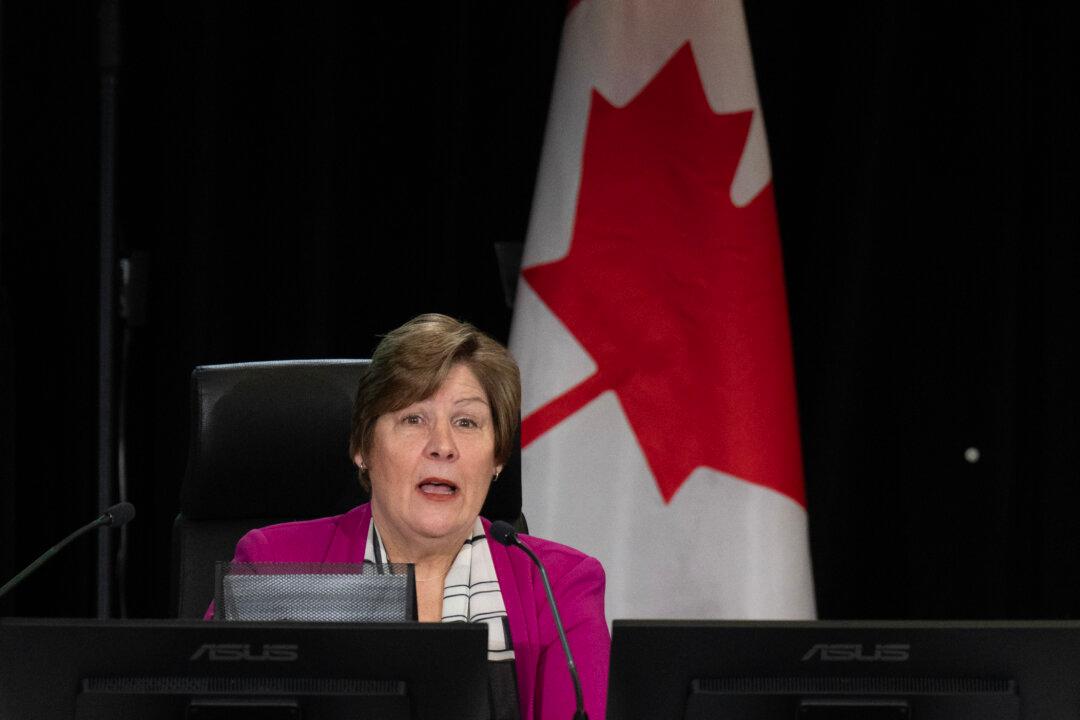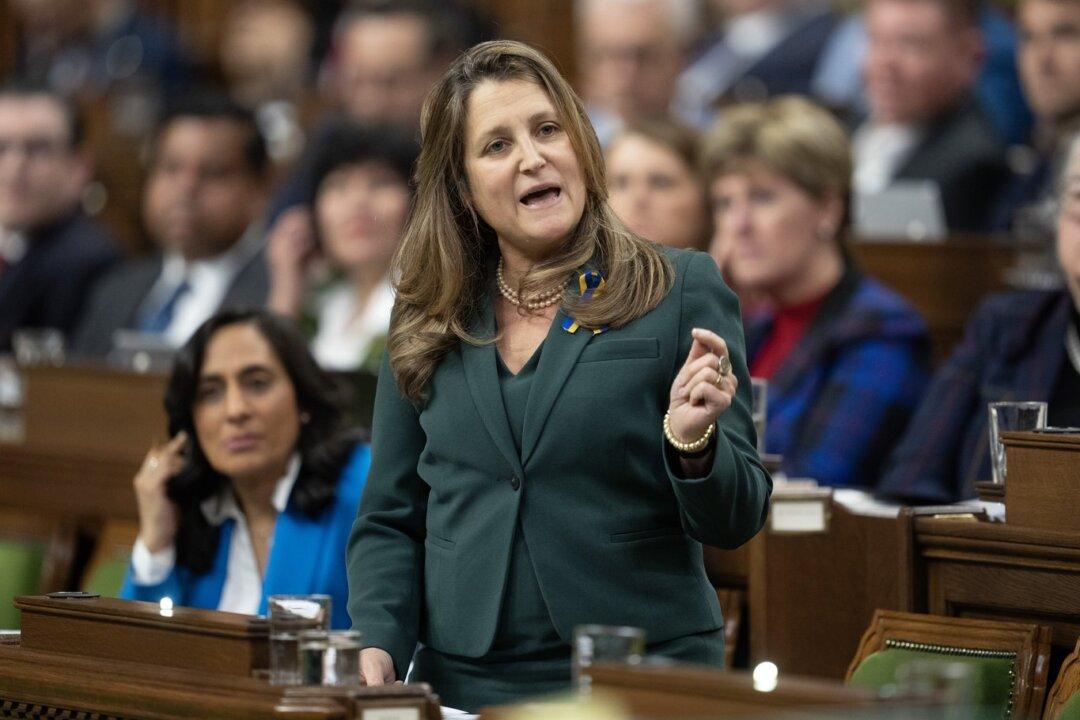A planned project by the Canada Border Services Agency would see Canadians use facial recognition technology to identify themselves through their smartphones when crossing the border.
“The Canada Border Services Agency (CBSA) is working to make travel smoother while keeping the border safe. We are putting in place tools and technologies to build the border of the future,” a spokesperson from the agency told The Epoch Times.
On April 16, Public Services and Procurement Canada initiated a $25 million competitive solicitation process to find suppliers to create facial recognition technology for the CBSA. The system would allow travellers crossing the border to match a photo from their electronic passports with selfies taken using their phones.
The CBSA said it wants to evaluate smartphone and mobile facial recognition technology for capabilities like image acquisition, quality, and matching, as well as fraud detection.
While the CBSA said an exact timeline for using the technology had not been decided on, it anticipated it would be introduced as a pilot project in the next two to four years. It added that the technology would be optional.
“We make sure that the privacy of travellers and their information is protected at all times,” the CBSA added. “Privacy considerations are at the forefront of the CBSA’s facial recognition technology strategy.”
Civil Liberties Group Concerned
Tim McSorley, national coordinator of the International Civil Liberties Monitoring Group, said there is a risk that the CBSA’s program could one day be broadened to include matching a traveller’s photo against other image databases.“Without more clarity around the project, we’d be worried that this is a first step towards a more expanded use of this kind of facial identification program,” he told The Canadian Press in an interview.
Mr. McSorley also said there have long been calls to modernize Canada’s privacy law that covers agencies like the CBSA, including measures to address the growing use of biometrics and facial recognition technology.
KTDI participants also included Montreal’s Trudeau airport, Toronto’s Pearson, Amsterdam Schiphol Airport, Air Canada, Royal Dutch Airlines, and IT and services firm Accenture.
Transport Canada told The Epoch Times that it was continually engaged with KTDI and that “all partners remain committed to working together to close out the project and disseminate the knowledge gained through this initiative.”







